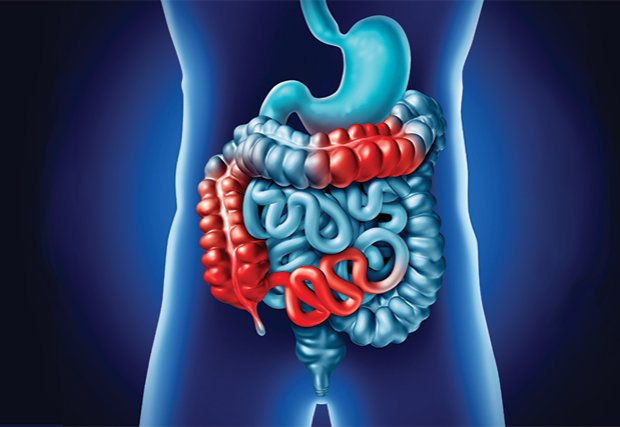Let’s get the icky part out of the way first: Yes, a fecal microbiota transplant involves exactly what you imagine. But if you’re suffering from an antibioticresistant gut infection or other gastrointestinal diseases like irritable bowel syndrome (IBS) or Crohn’s disease, FMT may provide life-changing benefits in as little as one treatment. Here, Gastroenterologist David Shih, MD, PhD, of the Comprehensive Digestive Disease Center of Nevada shares what to know about FMT and its benefits.
Q. Why would someone need a fecal microbiota transplant?
The digestive tract is filled with billions of helpful bacterial cells. When these cells, called the microbiome, are in balance, the digestive system runs smoothly. But when the microbiome is thrown out of balance by an infection, a course of antibiotics or an inflammatory disease like Crohn’s disease or IBS, FMT can help restore a healthy colony of bacterial cells to the gut.
Q. Who benefits from FMT?
Today, the ideal candidate for FMT is someone suffering from a Clostridium difficile (C. diff) infection that has been unresponsive to standard antibiotic therapy. Researchers are also exploring how FMT can benefit patients facing other gastrointestinal diseases like IBS or Crohn’s disease. By transplanting the gut microbiome from a person with a healthy digestive tract into a patient with a compromised digestive system, the donor’s gut flora reproduce and resolve hard-to-treat infections like C. diff.
Q. If you think you (or a loved one) could benefit from FMT, what are the next steps?
Start by asking your primary care physician for a referral to a gastroenterologist certified by the Food and Drug Administration to perform FMT. It’s also important to assess the risk factors included in FMT, so talk with your care team to determine if FMT is right for you.
If you’re suffering from C. diff or another chronic gut ailment, FMT treatment is available at Valley Hospital, Spring Valley Hospital and Summerlin Hospital.


